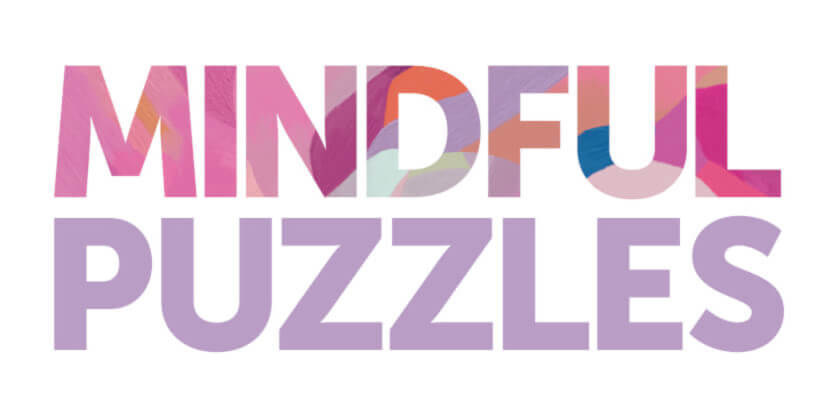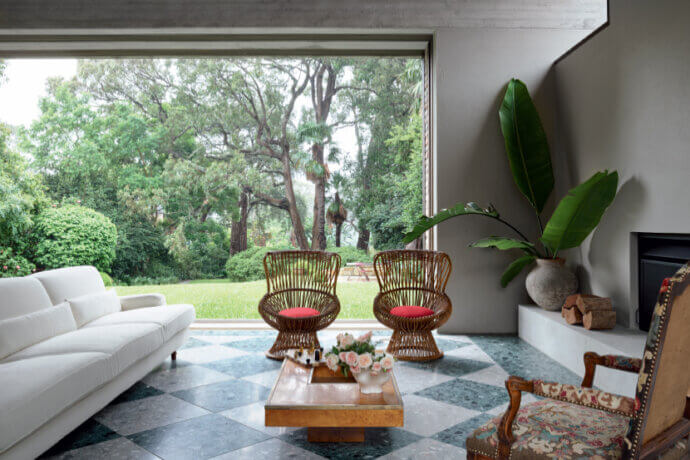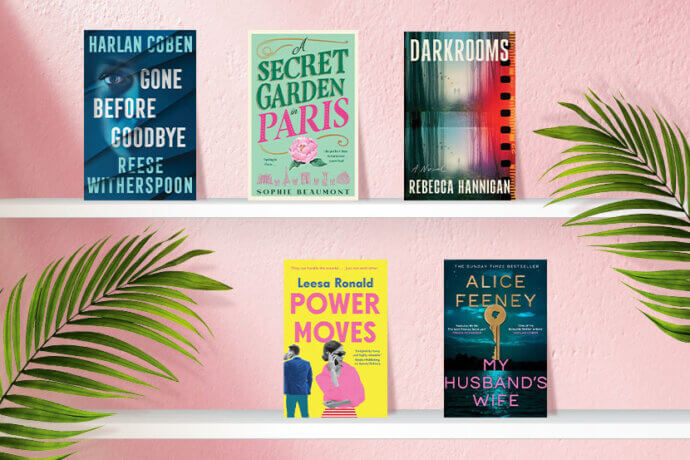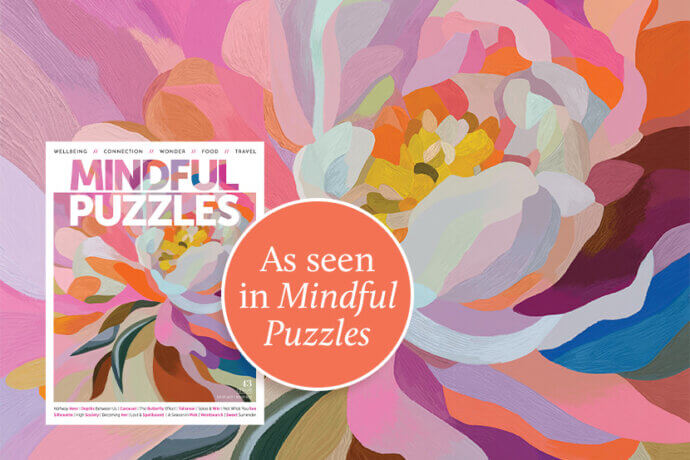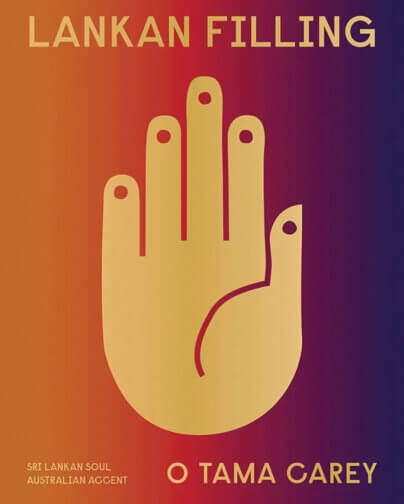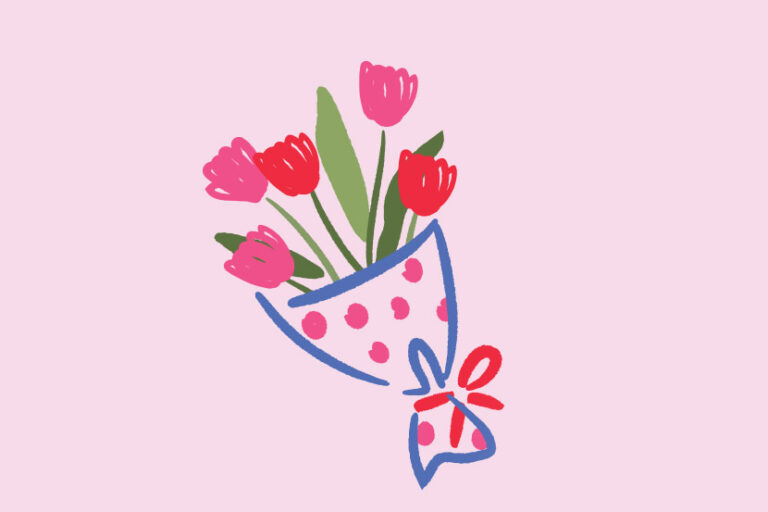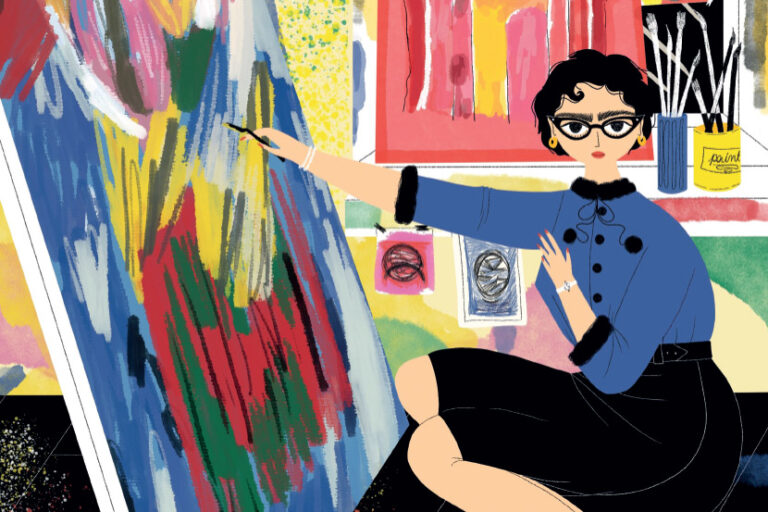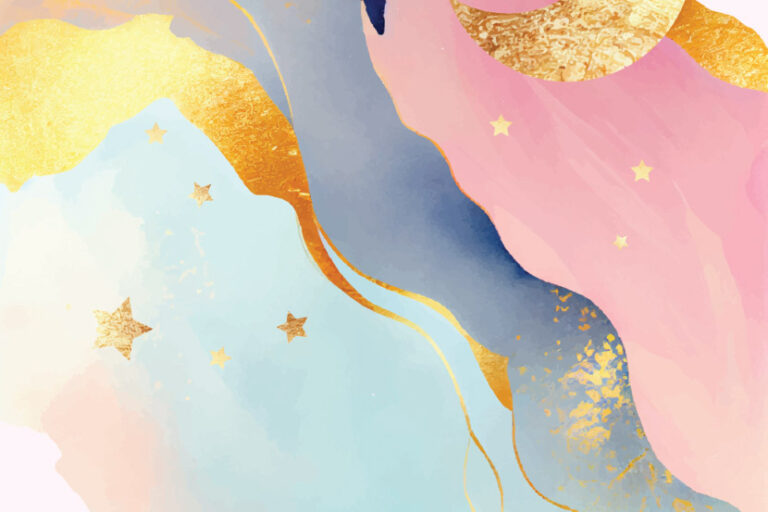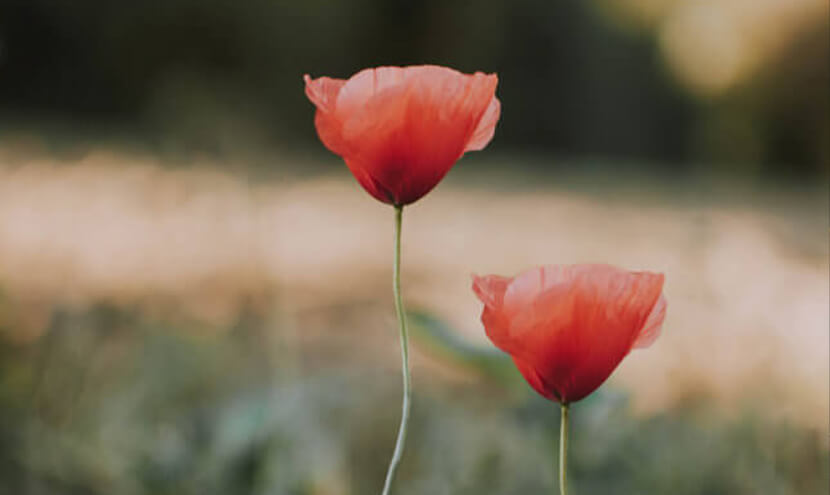
What’s holding you back in your relationships with others?
Standing in the corner of the dojo waiting for the self-defence workshop to begin, I push myself to talk to one of the women – but feel immediately gripped by my social anxiety. I promised myself I wouldn’t avoid eye contact with people or wait for someone to talk to me first. After taking a deep, steadying breath, I turn to the woman beside me and ask, “How did you hear about the workshop?” This leads to more small talk with other women in our group, touching on things like the distance travelled to the event and our previous experience with self-defence classes. While I slowly unfurled and basked in the small pride of initiating chit-chat, the experience was short-lived, and I felt strangely dissatisfied. Something was missing connection-wise, and I needed to know what that was.
Navigating relationships
Meeting new people and hopefully establishing a good emotional connection can be challenging. Maintaining the strength of both new and established relationships can be just as difficult depending on personal circumstances. Some people may need guidance on whether or not to end a relationship that’s no longer in their best interest. One thing is clear: when it comes to connection, it seems there are no limits to the possible hurdles people might face – and there’s certainly no panacea that applies to all of them. However, the art of mindfulness can add a much-needed boost to both our relationships and our wellbeing.
Mindfulness in relationships
Cassandra Dunn, author of Crappy to Happy: Love Who You’re With defines mindfulness in relationships as being more aware of what occurs in those connections in the present moment, without passing judgement. Cassandra explains, “It is about being able to observe your thoughts, feelings, behaviours, and, most importantly, any kind of automatic reactions that you might have that could be based on your previous experiences or your own patterns and conditioning.”
Learning how to be more mindful when dealing with our family members, friends, or romantic partners can help us handle challenging situations in a calmer fashion rather than sticking with our go-to behaviours or responses. Cassandra says that one of the best ways to tap into mindfulness is through meditation – however, she understands this may not be suitable for everyone. As an alternative she suggests being more attentive when doing everyday tasks such as brushing your teeth and cooking by “noticing thoughts, feelings, body sensations.” Cassandra also advocates for an awareness of our interactions with others with gentle questioning such as ‘What’s going on?’ or ‘How am I feeling?’, in order to practise relational mindfulness.
Mindfulness can also help us deal with the pain from past relationships so that we don’t transfer those experiences to the new connections we make. Cassandra says maintaining strong relationships involves “making sure that we’re carving out time to spend with people that are important to us, and then increasing the quality of that time by making sure that we’re more present.”
So how can we be more mindful about spending quality time with the people we love? One of Rachael Kable’s relationship lessons from her podcast, The Mindful Kind, is to apply ‘full respect living’ with our loved ones. This means always connecting with another human being from a place of respect (name-calling or insensitive jokes at their expense are off the table!); this helps to reinforce to our loved ones how much we care about them.
As all of us are likely to know, even the best of relationships have their troubled times, and conflict can sometimes feel like an endless cycle. In another episode of The Mindful Kind, Rachael suggests that a key component of improving our relationships is believing the best in the people we love and consciously recalling the goodness and joy they bring to our lives. However, if we find ourselves questioning our level of satisfaction within a relationship, Cassandra talks about taking responsibility by assessing our current connections occasionally. “Ask yourself, on the whole, ‘Does this relationship bring me more joy than it does suffering? Do I feel comfortable to be myself in this relationship? Do I feel fully accepted and appreciated? Do I feel like there’s an equal give and take?’”
Attachment styles and finding what we want from connections
Sometimes it’s hard to know what we want from our relationships if we’re unsure of what we want for ourselves. In her new book, Cassandra introduces readers to the attachment styles we formed as children and urges us to try to understand our relationship patterns or schemas in order to learn more about ourselves. Does this mean we should prioritise getting to know ourselves before working on our relationships with others? “100 percent,” says Cassandra. “I think that it’s a trap to go into a relationship and expect [it] to make you happy, or fulfil you, or to just fill a void before you’ve done that work on yourself to really know who you are and what you bring.”
Well, that solves the mystery of what was missing from my experience at the self-defence workshop. If I want to avoid repeating unhealthy patterns and begin to forge meaningful connections, I need to nurture my relationship with myself.
How personality profiles factor in
I’ve heard of personality profiles, but I’d never completed one before, so I found a website and answered the many multiple-choice questions. The results showed that I’m a ‘Logistician’ who is highly introverted and ‘often slow to make friends.’ This was unsurprising but also reassuring, as for years I believed there was something wrong with me because of my hesitancy in social situations. Armed with the knowledge of my personality type, I know that with a little trust and tenderness towards myself, my connections with others will start to flourish. Cassandra also says that to form mutually rewarding relationships (and the connections that lead to these), it’s important to recognise your values, identify your strengths, and honour your needs.
I came to the dojo for a lesson in self-defence, but what I really learned was self-acceptance; and that sometimes when we let our guard down, relationships have the fertile space to unfurl.
Words: JUANITA PIROZZI
